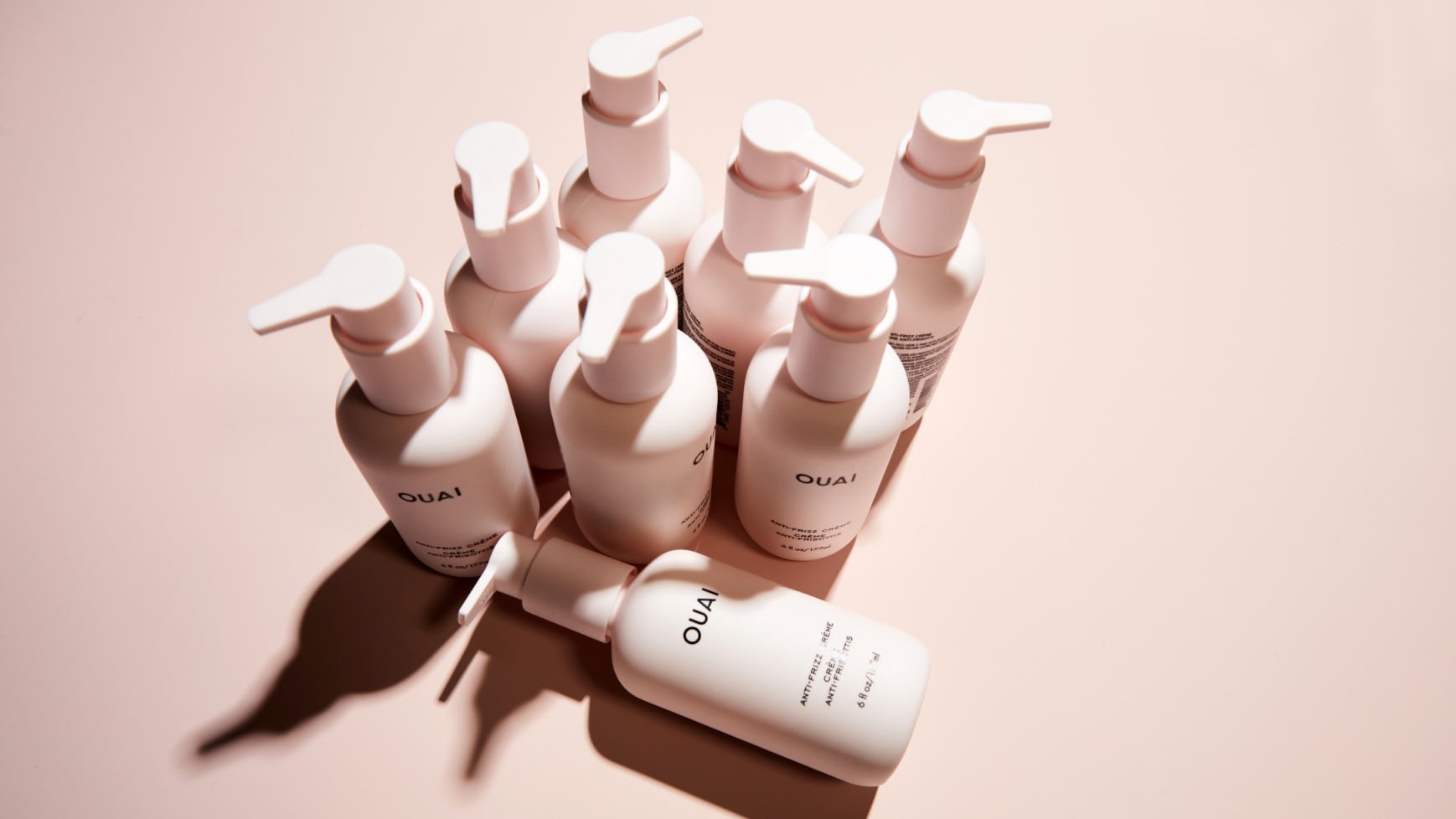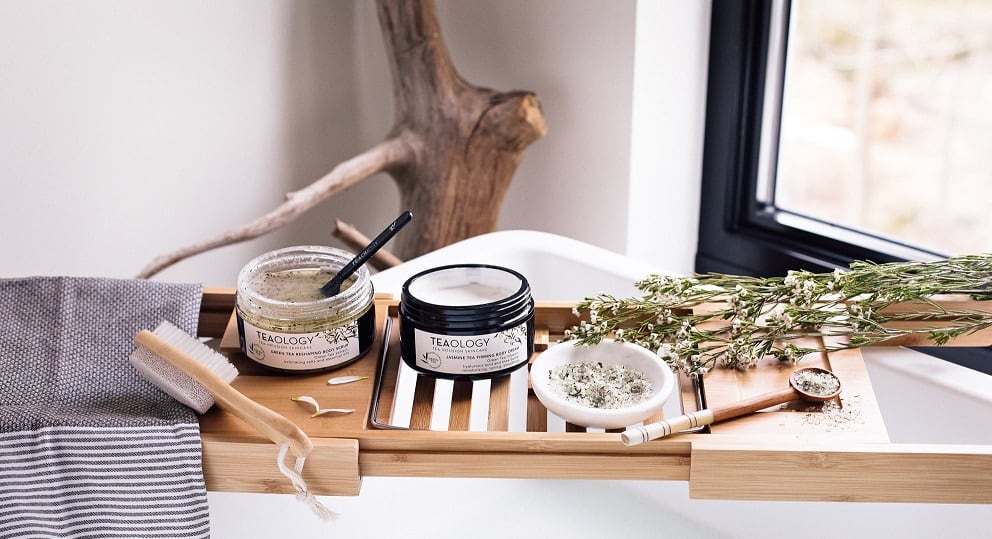The country’s Halal Product Assurance (HPA) Law first came into effect on October 17, 2019.
In February 2021, the local government introduced regulations mandating halal certification for a wide range of consumer goods, including foods and beverages, drugs, and cosmetics.
Under this regulation, halal-certified products must include halal labelling on the packaging, while non-halal products are required to indicate their non-halal nature.
Currently, there is a transition period for the mandatory halal certification of halal cosmetics, which is scheduled to conclude on October 17, 2026.
It is obligatory for halal cosmetic products to have obtained halal certificates issued by BPJPH by that date.
These products include makeup and skin care that can be unintentionally swallowed, such as lipstick and lip balm, as well as personal care products like mouthwash, toothpaste, body lotion, soap, nail polish, and more.
Among the cosmetics registered at Indonesian Food and Drug Authority (BPOM), 19% have reportedly been audited by LPPOM, the inspection body responsible for assessing the compliance of products with HPA, and obtained halal certificates from BPJPH.
The remaining 81% registered cosmetics are not halal-certified.
Making it obvious
The BPJPH emphasised that products originating from non-halal sources or containing non-halal materials are exempt from the halal certification requirement.
These products can still be traded as long as an explicit explanation or description indicating that they are made from or contain non-halal elements is provided.
“This is in accordance with the provisions of Law Number 33 of 2014 Article 92, which state that business operators manufacturing products using non-halal ingredients are mandated to include information about their non-halal nature,” the authority said.
The non-halal information can take the form of an image, icon and/or written text. This should be printed on the product packaging and/or certain areas of the product.
In the ingredient list, non-halal materials should be marked in distinct colours, such as red.
Additionally, the information or label must be legible, clearly visible, and not easily erased, removed or damaged.
“The BPJPH regulation aims to provide protection, and make it easier for the public to distinguish between halal and non-halal products.”





